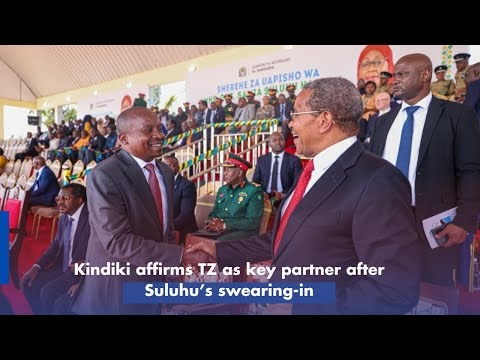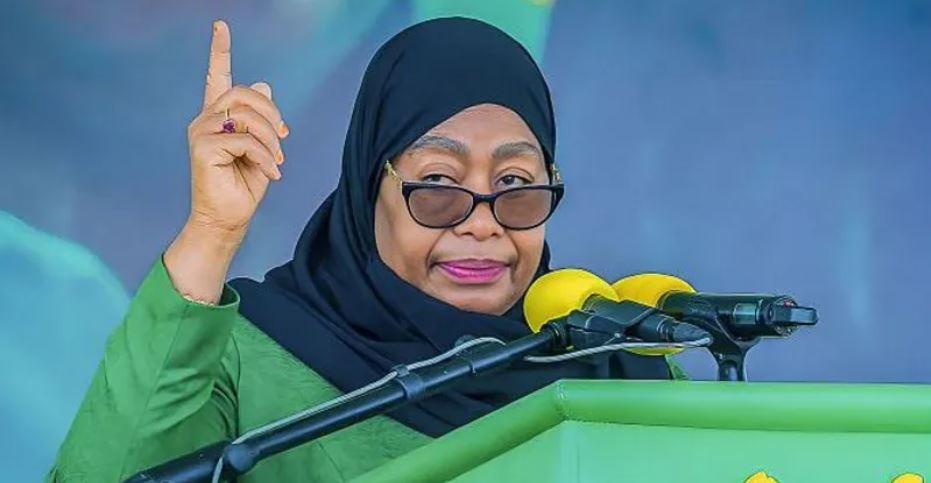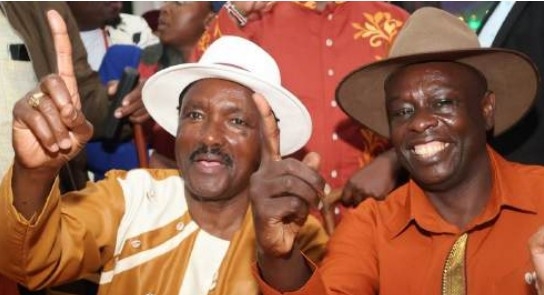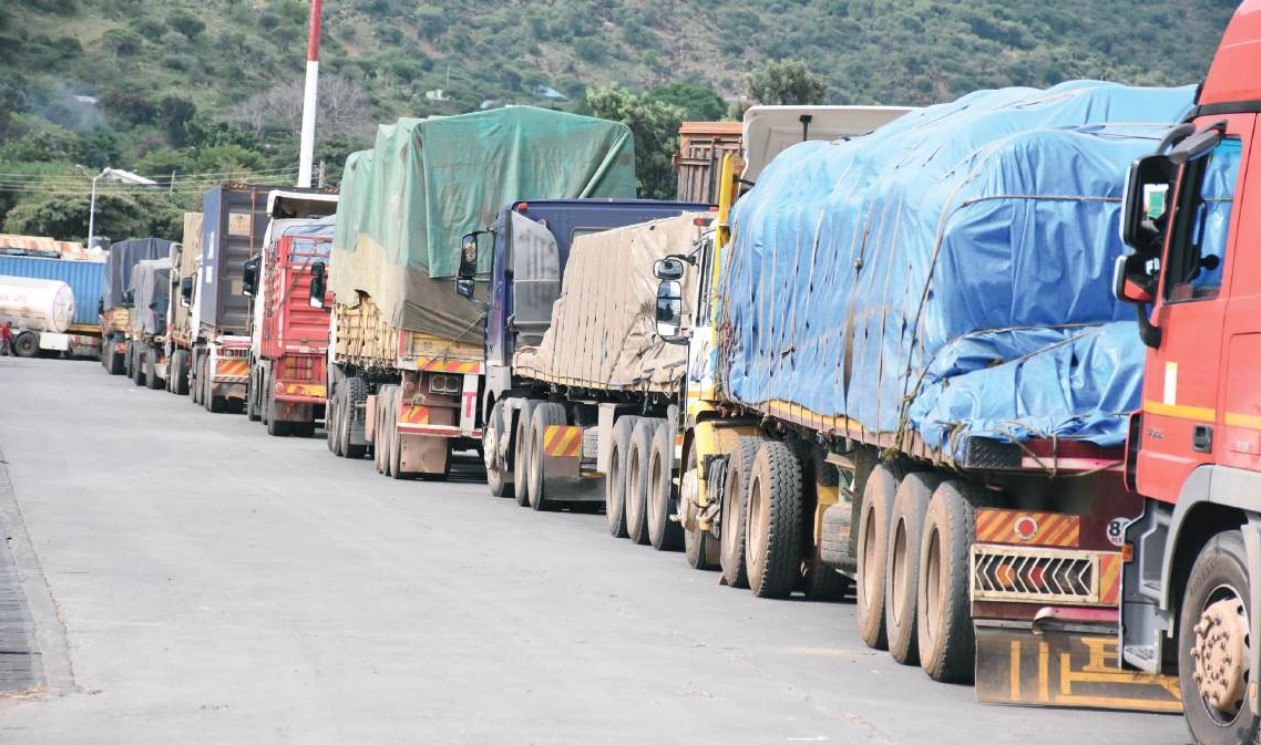
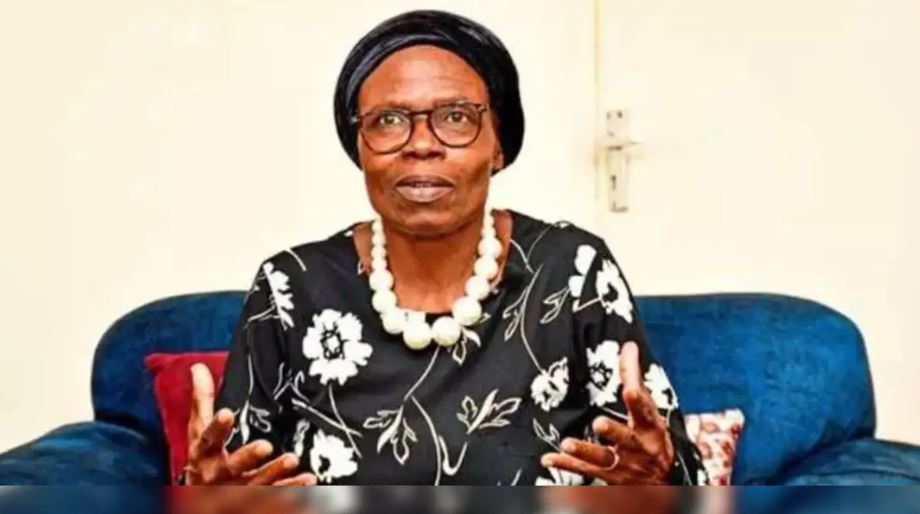
When Dorothy Kweyu received the call confirming that her
son, Steve Munyakho, had finally been released from prison in Saudi Arabia, her
body reacted before her mind could process the news.
She rolled on the floor. An involuntary expression of raw
relief, disbelief and overwhelming joy.
“I just put the phone on the table and told the two
youngsters I live with, ‘Let me answer this.’ Then I went to the bedroom. I
haven’t eaten. The satisfaction is going to be with me for a while,” she said.
“When I received the news, I rolled on the floor. That is
what I did.”
After 13 years behind bars in Saudi Arabia, Steve Munyakho
is free.
Munyakho had spent more than a decade in custody after being
convicted over a fatal altercation with a colleague in 2011.
Initially charged with manslaughter, his sentence was later
upgraded to murder, carrying the death penalty under Shariah law.
Under Saudi law, his release hinged on paying Diya (blood
money) to the family of the deceased.
Diya is compensation paid under Islamic law to the family of
a victim in cases of murder or accidental death.
In Saudi Arabia, the practice is recognised and often
required for the release of prisoners convicted of such offences. The amount
can be negotiated or decided by the court and is often substantial.
It took years of prayers, pressure, community fundraising,
diplomatic and religious engagement and unimaginable resilience to make this
day a reality.
Dorothy, a veteran journalist and mother who has been at the
center of a relentless campaign to secure her son’s freedom, could not contain
her emotion.
The confirmation came not just from her son, but also from
the ambassador to Saudi Arabia. And this time, unlike the false hopes of past
months, it was true.
“This time, it is true. The ambassador has confirmed it,”
she said.
Munyakho, now free, has already performed Umrah, a sacred
Islamic pilgrimage to Mecca.
His quiet moment of gratitude marked a turning point not
only for him, but for a family that has endured over a decade of waiting,
heartbreak, and costly legal hurdles.
The agony of waiting
For Dorothy, the most harrowing part of the ordeal was not
the years of legal battles. It was the emotional limbo after the Diya was paid.
“The most difficult part has been after March 25 or 26,
2025, when the payment came out,” she explained.
“And the agony of waiting. Even as late as last week, almost
two weeks after the widow was handed her cheque, we still could not say
anything for sure.”
Dorothy and her support network were told the facilitation
for Munyakho’s release had been finalised.
Still, silence
persisted. That silence, she said, became unbearable.
She spoke of a conversation that haunted her in the final
days of uncertainty: a chilling story about an Indian girl in Yemen whose
family paid the required money, but the authorities still proceeded with an
execution.
“That just finished me,” Dorothy said.
“My last few days have been like a zombie, to tell you the
truth.”
Caught between faith and reality, Dorothy continued to live
in suspense, unsure whether her son would come home or remain in indefinite
detention.
Faith, family and the
power of people
Throughout the 13-year ordeal, Dorothy never lost her faith
in divine intervention.
“My first thanks go to God, the Almighty, whom I have never
ceased thanking in all circumstances,” she said.
“I’ve always believed He had a reason why Steve landed
there. But one thing I’ve never doubted is the goodness of God.”
Unable to be silent about her gratitude, Dorothy broke out
into a hymn, “Mungu wetu ni wa ajabu, Mungu wetu ni wa ajabu, Mungu wetu ni wa
ajabu (Our God is awesome)”.
Munyakho’s release was made possible not only through the
formal diplomatic channels and legal processes, but also through an outpouring
of support from ordinary Kenyans and strangers abroad.
“They are legion. I shall never, never and I repeat never
thank them enough,” Dorothy emphasized.
When asked what she would say to those who contributed, she
described their actions as selfless and transformative.
“It was because of them that we managed the Sh20 million we
could present to say, ‘You want your son out, but what have you yourself
done?’”
In the context of the overall compensation, the amount
raised was only one-sixth of the total needed. But for the family, and within
the time they had, it was a monumental achievement.
“The sacrifices of Kenyans and people of goodwill, some of
whom I don’t know, I shall never thank them enough,” she added.
A home ready and
waiting
Now that Munyakho is free, the next question is: when will
he return to Kenyan soil?
Dorothy does not yet have the details, but her heart and
home are prepared.
“As I told the ambassador, the door is open. There is a bed.
And there will be a plate of food on the table,” she said.
“What else does anyone want when he is coming home? Food,
warmth, shelter, being with family.”
Despite the trauma, Dorothy says her first thoughts, after
the initial rush of emotion, were for her daughter-in-law.
“I mean… I mean…” she trailed off, emotion overcoming her
again.
The weight of the years lost, the relationships put on hold,
the dreams deferred, all of it is still being processed.
New dawn
In a voice layered with both exhaustion and relief, Dorothy
admitted that the last few months had been the darkest.
The uncertainty even after paying the full Diya, the
continued facilitation costs, and the endless waiting had taken their toll.
“I’ve been living in suspense, not knowing what is going to
happen to my son,” she said. “That one has been traumatic, you know?”
Now, the long wait is over.
“I just don’t know what to say,” she said, almost
whispering.
When the conversation ended, a friend told her: “You just
need to go to church.”
To that, Dorothy replied: “Congratulate God. He’s the mighty
one.”





